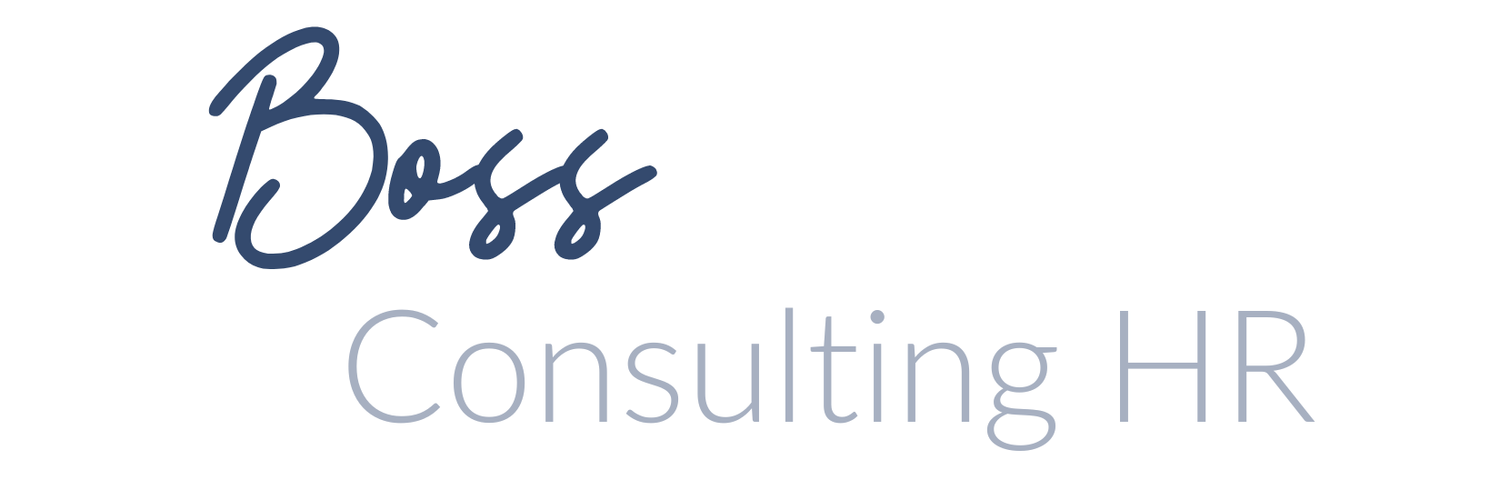How to Evaluation 'Gig Economy' Experience on a Resume
The term “gig economy” has never been more relevant than it is today. And while there is a broad array of industries that employ freelancers, temporary workers, and other employees who could be considered gig workers, perhaps some of the most widespread employers of gig workers today are the delivery and rideshare apps that we’ve all come to rely on throughout the pandemic.
Services like Instacart, DoorDash, Uber Eats, have taken off in the last couple of years, and show no signs of slowing down. And along with an expanded customer base, these apps have vastly increased the number of “shoppers,” “dashers,” and drivers that they employ. It is no surprise then, that HR professionals may be noticing an increase in resumes that boast such gig work experience.
At first glance, it can be tempting to write off those with such nontraditional experiences. After all, there is almost no way to verify their employment through any of these services, nor the hours or length of time they worked. Many, too, are unaware of the intricacies of these services (beyond being a consumer) and the skills one develops by working for one of them. But I would caution any recruiter or HR expert against putting these resumes toward the bottom of the pile, or not asking candidates whose experience includes gig work about their time as a Lyft driver or a Postmates delivery person, not only because employers are hardly in a position to be tossing potentially viable resumes, but because they might uncover candidates with valuable experience and insight that those with more “traditional” work on their resumes may not have.
Take Instacart for example. A shopper through this app is tasked with not only grocery shopping, but quickly calculating the output vs. input of potential “batches” to ensure they are choosing the most lucrative ones for themselves, in terms of tip size, size of the order, and distance. They must also communicate with customers, make substitutions, and make deliveries while being timed by the app. Often, shoppers choose to shop multiple orders at a time as well, during which they must keep items separated and work even faster to ensure timely delivery. One must also take into consideration the entrepreneurial spirit and self-discipline that gig workers must maintain. With no boss looking over their shoulder, no set hours, and little training and development beyond what’s necessary, making and meeting their goals and ensuring success is entirely up to them. The ability to thrive and be productive independently is indeed a valuable trait in today’s labor market.
In that small job description alone, one can pick out many skills that an Instacart shopper would need, and have time to hone and develop during the tenure, including:
Time management
Customer service skills
Meeting and exceeding revenue targets
Planning and organizing
Someone with such experience may be perfect for an entry-level sales role, a customer or food service position, and more.
It has been said time and time again, but the way we work has changed rapidly in the past two years, and if HR professionals have any hope of keeping up, they must embrace rather than eschew these developments. As more and more people seek flexible working arrangements and autonomy in their jobs, it is likely that they will continue to seek gig work like what is offered by delivery and ridesharing apps either as a “side hustle” or full-time work. It behooves the modern recruiter to be able to properly evaluate such experience and determine whether it may be an asset to a candidate applying for a given role. So next time you see gig work on a resume, take the time to ask your candidate about their experience. You may find that they are the perfect fit for the job.

